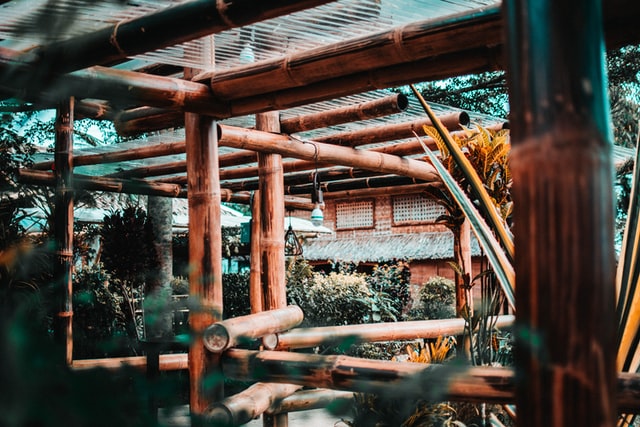We changed our planet’s climate in… past tense. The current climate demonstrates change beyond the point of no return. The climate we knew years ago is gone and it is irretrievable. But recognizing the reality of our situation doesn’t mean we accept it with resignation. We can’t do better than what Mother Nature gave us, but we can save ourselves. Hope for a future where human beings still live on this planet is not lost. Human ingenuity will be our rescue.
Elizabeth Kolbert, an environmental journalist, works to demonstrate the magnitude of change we initiated in our environment. She contributed a broad collection of reports to understand the scale of how much we have changed our world. Reading Kolbert’s work leaves one pondering the horrors of the situation and how many more generations of humans there will be. But her newest work, tells of how we can address the issues we’ve created.
Some Of Her Important Books
“Field Notes from a Catastrophe: Man, Nature, and Climate Change” about the science and the politics
In her 2006 book, Field Notes from a Catastrophe: Man, Nature, and Climate Change, she travels to locations where some of the most significant effects of climate change are evident. She documents a series of scientific observations and political processes. This is a book shining a bright light on the causes and effects of global climate change. She used her extensive network of connections to the scientists doing the work and her experience with them to understand the science as it’s described.
“The Sixth Extinction” Her Book About How The Old World Is Gone
The Sixth Extinction became a modern environmental classic very quickly after its publication. I picked up Elizabeth Kolbert’s “The Sixth Extinction” a few years ago. I felt taken aback at the idea that so many species were already gone. Her book was the first time I really wrapped my head around the idea that we had already changed the nature of this planet beyond where we could turn it back if we could motivate governments and corporations.
“Under A White Sky” Her Newest Book About How We’ll Go On
Kolbert’s newest book “Under A White Sky”
We work to mitigate the most powerful and painful effects of human meddling in nature’s balance. We put our larger-than-any-other-mammal’s brains to use figuring out how to keep our planet habitable. We have conquered other threats to our societies, cultures, and homes. While climate change is an existential threat to life as we know it, it does not have to be an existential threat to the human race.
This Is Where The Hope Comes In

I have faith in human resilience. We’ve already demonstrated we have the smarts to create solutions to some of the problems created by our lack of environmental foresight. Kolbert’s work reminds us of what we’ve done, and what we need to do in the future.
I have been paying attention to pollution and climate change my entire adult life. In my book “Living More Sustainably”, I describe a time when I was a young adult living in Tucson, Arizona, and I wanted a roof full of solar panels and a plug-in car. My theory was that I lived in such a sunny place, there was no reason I should not be able to power my whole life on the energy from the sun.
We invented and engineered tools to make my dream of powering my whole life on the energy of the sun a whole lot more feasible than it was when I was a young woman. We know of a wide variety of renewable energy sources and a vast array of harvesting those sources. Indigenous people figure out ways to harvest water in places where the old ways don’t work anymore. Science gives us methods to ease the planet-wide warming we created. More and more first-world, middle-class people embrace the tools to do their part to save the human race. Kolbert’s work reinforces and strengthens my drive to reduce my impact on the planet.
What one more thing will you do right now, today, to mitigate the effects of climate change? Right now, today, what will you do to find and hold onto hope for the future of our planet and our race? Tell me about your thoughts.
